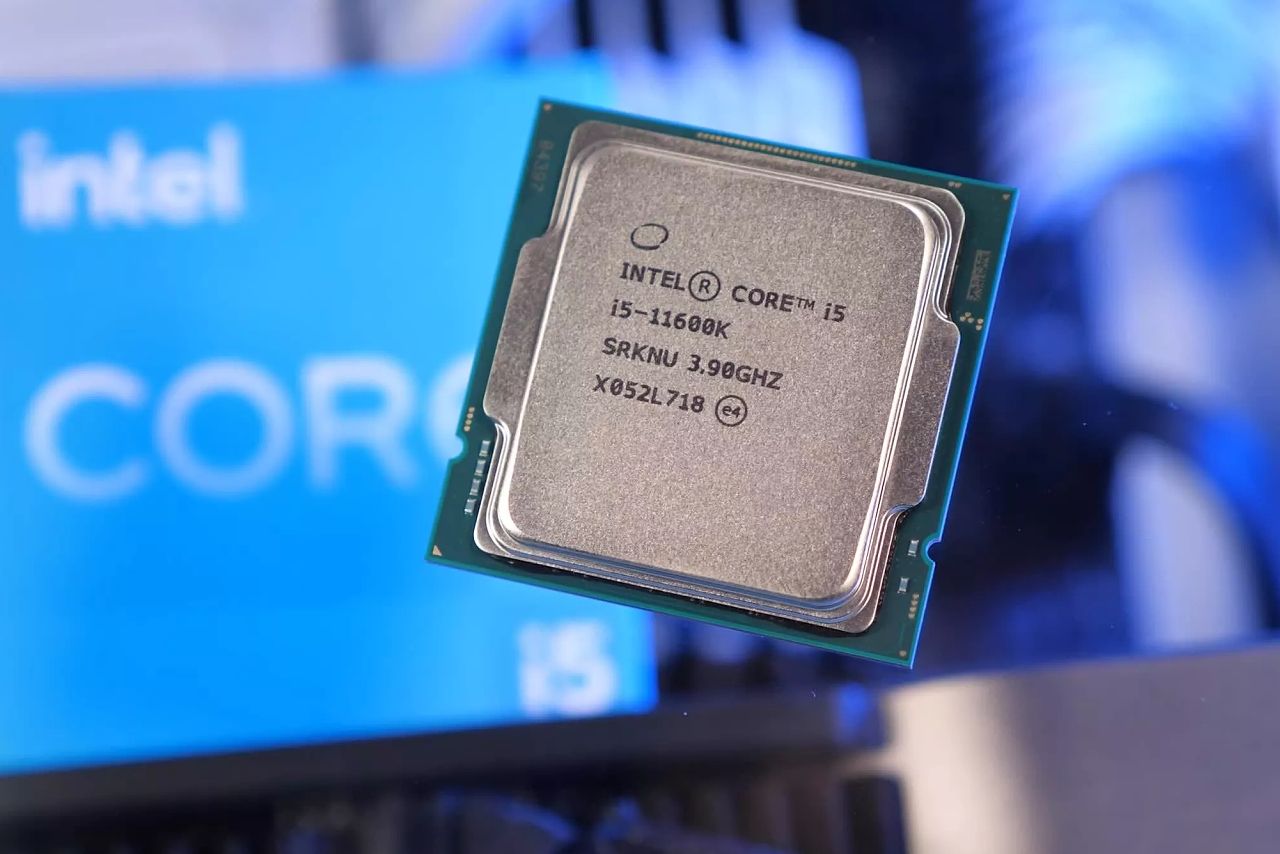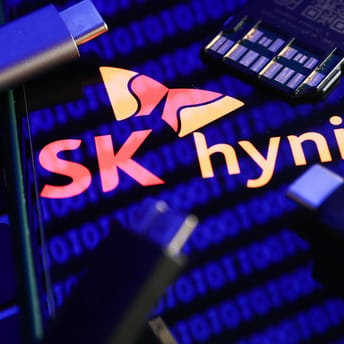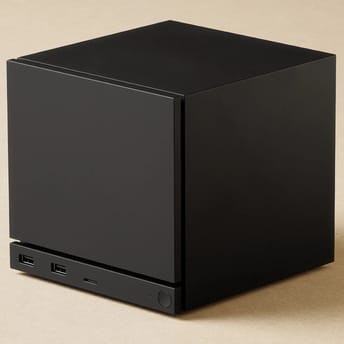Intel’s CPUs Face Performance Drop After Recent Spectre Vulnerability Fix

|
|
Key points
- Intel’s patch for CPUs designed to prevent new vulnerabilities in the company’s processors resulted in performance hits on older Intel chips.
- The exploit was identified by researchers from ETH ZZurich’s Computer Security Group, and called a Branch Predictor Race Condition (BPRC).
- Rocket Lake 11gen CPUs see an 8.3% slowdown, according to ETH’s benchmarks, while Raptor Lake 13gen of up to 6.3%.
Intel’s microcode patch for CPUs that was released on May 1, 2025, to prevent a new class of vulnerabilities in the company’s processors resulted in performance hits on older Intel chips.
The exploit, which has been identified by researchers from ETH ZZurich’s Computer Security Group, was called a Branch Predictor Race Condition (BPRC). It targets speculative execution mechanisms, those same features that once gave rise to high-profile exploits like Spectre and Meltdown.
Speculative execution is a performance-enhancing trick when processors make educated guesses about what might happen next and prep accordingly, but in this case, those guesses can be manipulated.
The ETH Zurich team found that attackers can inject precisely timed sequences of instructions to confuse the processor’s branch prediction logic during a brief window of permission change, just a few nanoseconds. That’s enough time to trick the CPU into reading memory it shouldn’t.
And it doesn’t stop at a single byte. “We can trigger the error repeatedly and achieve a readout speed of over 5000 bytes per second,” explained researcher Sandro Rüegge. Over time, this allows for full extraction of another user’s memory on the same CPU, including potentially sensitive data.
According to the ETH Zurich’s Computer Security Group all Intel processors from the past six years are affected, from consumer laptops to enterprise-grade cloud servers. While the vulnerability was first identified in September 2024, Intel only rolled out a microcode patch on May 1, 2025, affecting CPUs from Skylake to Raptor Lake Refresh. Unfortunately, updated microcode results in a performance hit on older chips like Rocket Lake 11gen CPUs, which experienced an 8.3% slowdown, according to ETH’s benchmarks, while Raptor Lake 13gen saw a deceleration of up to 6.3%, and Alder Lake 12gen saw a slowdown up to 2.7%.
Intel acknowledged the findings in an official statement, thanking ETH Zurich for coordinated disclosure and confirming that, so far, there is no evidence of the vulnerability being exploited in the wild. The company urges users to update their systems via BIOS or Windows Update to receive the patch.












